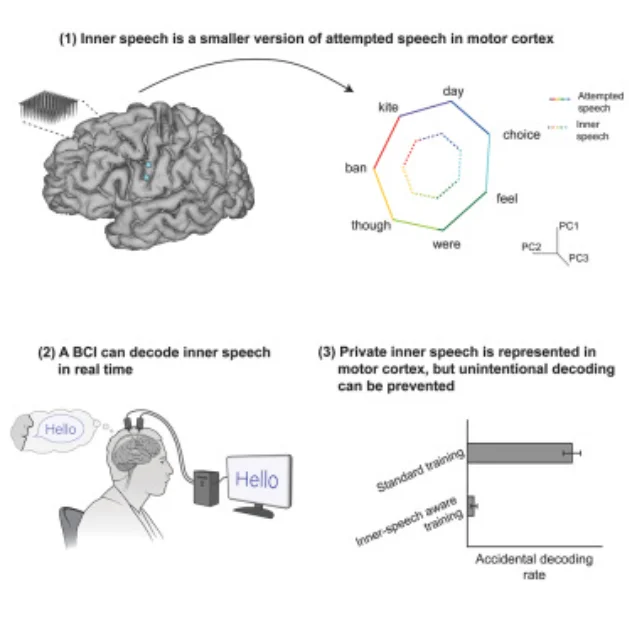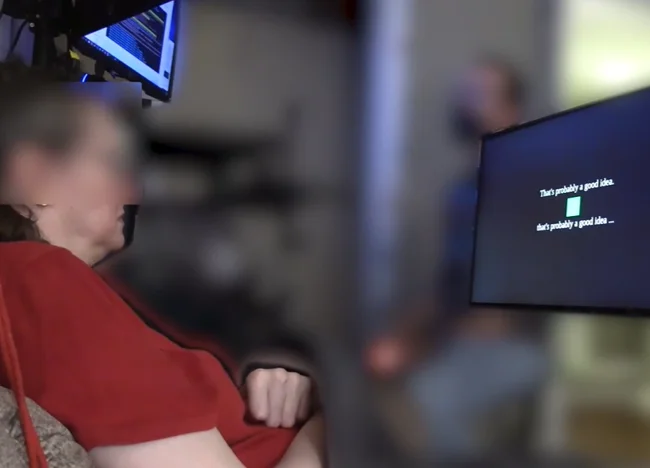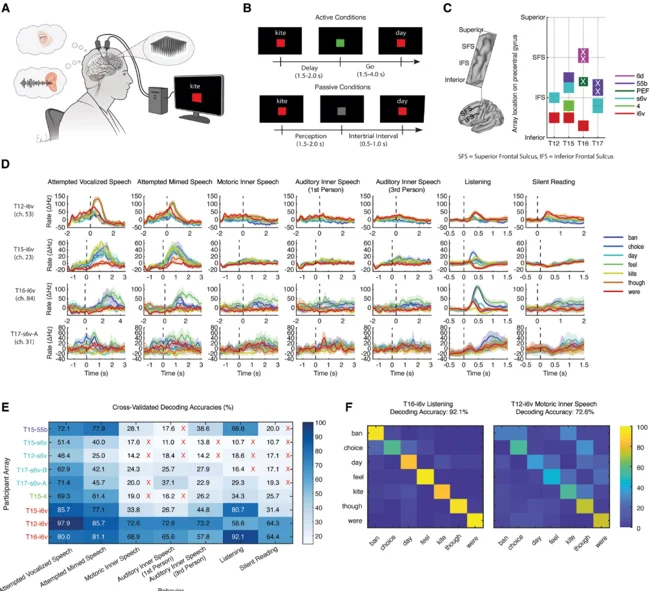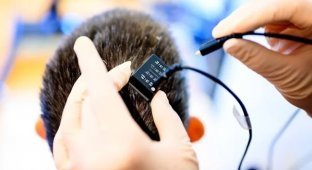Scientists have created a chip that reads what you are silent about (4 photos)
We have one feature that we do not appreciate. Our thoughts are not heard by anyone yet. But the cunning scientists decided that it is time to change this. 
Stanford scientists have created a chip that decodes the "inner voice", the very words that you say in your head. For paralyzed people who have lost their speech, this is a breakthrough.
The created chip can capture neural signals associated with mental speech. Previously, scientists intercepted signals from the motor cortex, requiring the patient to try to speak. Now it is enough to think about words, and the chip with an accuracy of up to 79% converts thoughts into text or synthesized speech. 
This development is ideal for patients with amyotrophic lateral sclerosis (ALS) or the consequences of a stroke. Four people with severe disabilities have already successfully tested the system with a lexicon of 125 thousand words. 
How does it work? Electrodes are implanted in the areas of the brain responsible for speech, and machine learning decodes the signals. The patient thinks: "I want a beer," and the text appears on the screen. This is a salvation for people with ALS or stroke, but there is a catch, they can be used not only on sick people. Goodbye, mental freedom.
If anyone is interested, then a large and terribly scientific article-original source is here. 
Scientists claim that the data is encrypted and the chip is only for the sick, but who can guarantee that it will not become mainstream? GPS was also "only for the military." The insidious Stanford wants to increase accuracy and make the chip less invasive. But the main question is ethics. Where is the line between help and control? This is hope for the paralyzed, but damn, this is not the cyberpunk we dreamed of.


























